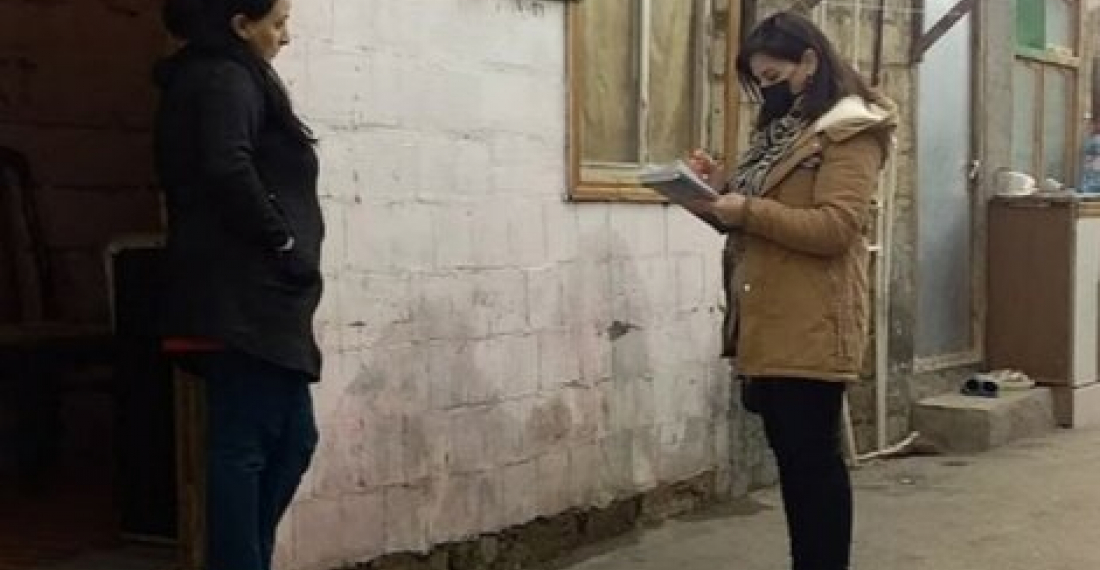A recent survey of women from the large community of Azerbaijanis displaced by the conflict in Nagorno Karabakh in the 1990s shows that fear and lack of trust are an obstacle for peaceful co-existence between Armenians and Azerbaijanis in Nagorno-Karabakh
The survey is part of a report, “IDP Women: needs assessment for post conflict life, including expectations for safe return home”, prepared by Khalisa Shahverdiyeva on behalf of the Azerbaijani NGO “Women’s empowerment for sustainable development”.
Following the 2020, 44-day Karabakh war a new situation has emerged which presents the prospect of the return of hundreds of thousands of Azerbaijanis displaced by the fighting in the 1990s to their place of origin, and in many cases to live together or in close proximity with Armenian communities.
The, survey, involving a set of questions and covering several hundred internally displaced women, has been conducted by a local civil society institution, revealed a diverse set of needs – from personal safety to urban-to-rural migration challenges, involving social and economic implications, especially for a younger generation who grew up in a different setting. However fear and lack of trust appear to be a main obstacle. Nearly 90% of the IDP women interviewed noted that coexistence with ethnic Armenians in Karabakh was impossible, and less than 10% considered the possibility of such scenario.
The survey covered 590 internally displaced women, while 30 more women were interviewed to get a tentative picture of their needs and expectations, including their fears and concerns for peace-building and returning home. The overwhelming majority (87.55%) of respondents highlighted the necessity of being free from danger as a decisive factor behind their decision to relocate. Consequently, the full-scale clearance of landmines and deadly weapons to make the land safe for agriculture and development activities, supported by a guarantee of non-resumption of armed hostilities have been underscored as key factors for IDPs’ return home.
Based on the survey, the report makes a series of recommendations to the Government of Azerbaijan and to international stakeholders.
The report was funded by the Swedish Ministry of Foreign Affairs and the international NGO, Kvinna till Kvinna.
You can read the report in full here







